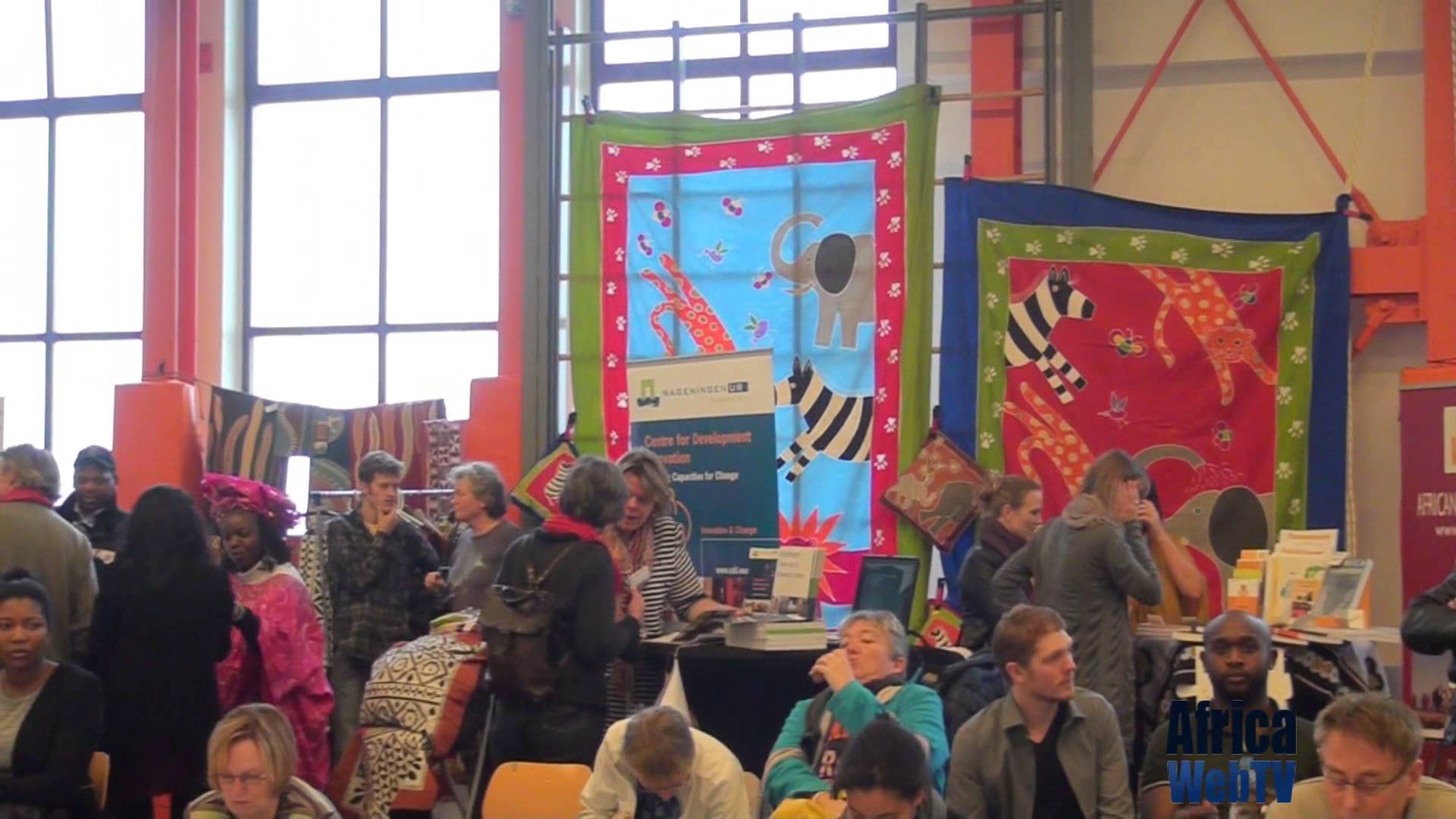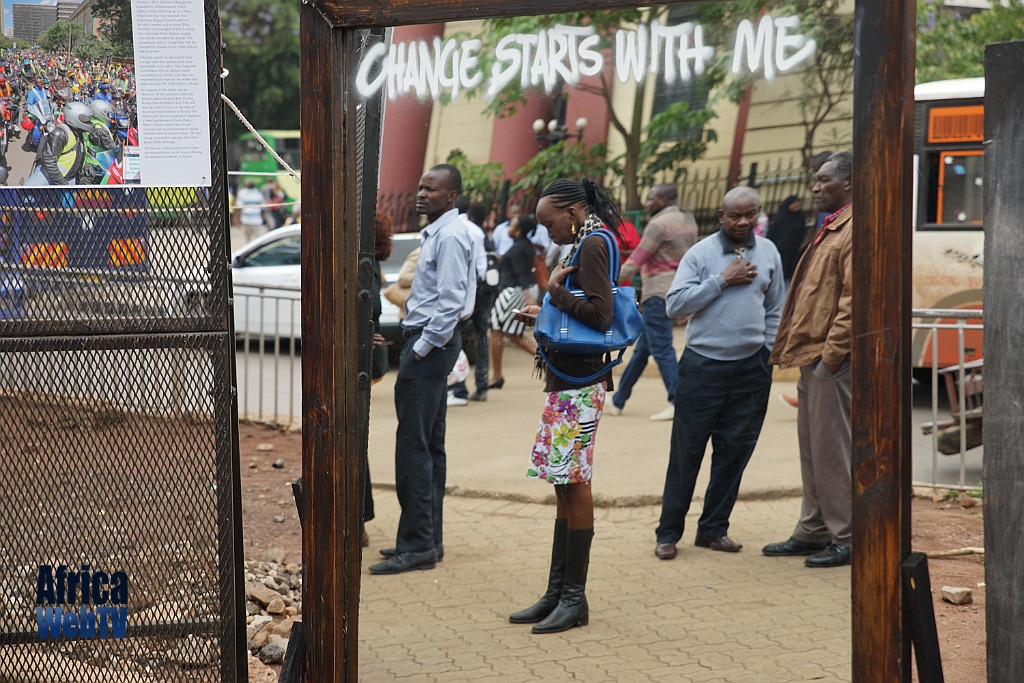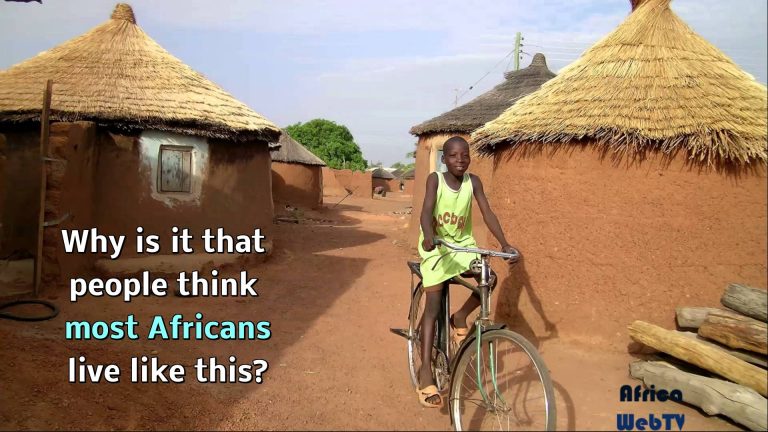The P&ID Judgement Document – Ishola Ninuola
This P&ID Judgement Document: it typifies the level of collapse of accountability in Nigeria, and imminent State collapse, if unchecked. This judgement had the potential to bankrupt the Nigerian state, if it went otherwise against Nigeria. It shows how a group of foreign nobodies in their own countries (international gangsters indeed), routinely leave their own countries, armed with only brief cases, with the sole purpose to defraud corrupt countries of the so-called global-south, and further deepen the corruption of these countries; with attendant human despoliation.
With specific example of Nigeria, nay Africa, this despoliation is repeated in several other sectors: mining, transportation, aviation, maritime, steel and metallurgy, power, water resources, banking and finance, etc, etc. Some years back, we gave the example of a Guinean Minister of Mines who was arrested by US authorities for money-laundry. He had received a $10 million from a Chinese company in Guinea as a bribe, moved it to the far east (Hong Kong?), moved it around a little bit, and finally rested it in the US, where he was going to spend it, and there he was nabbed. There were similar deals in Angola, Namibia, DR Congo, Zimbabwe, to mention a few. All these deals by foreign gangsters are anchored by local dirty collaborators in these respective countries, with devastating consequences on the masses of these countries, in deprivations in health, education, infrastructure to mention a few. Reverse consequences are also now occurring, in unbridled lethal migrations from the global south to the global north. It has therefore become the evil wind, that is blowing no one, no good, and now needs urgent international collaboration.
A glance at the P&ID Judgement from beginning to end showed a system deliberately designed for massive fraud, from the dubious off-shore shell company registration, to fraudulent collaboration with nearly all chains of the Nigerian bureaucracy from Minister to family members of the bureaucracy. The Nigerian bureaucracy also looks amenable to fraudulent practices. The judgement is bewildered by a Ministry of Petroleum, existing side by side with a Department of Petroleum, with a National Petroleum Corp, a NAPIMs, etc, etc. Indeed since a so called reorganization of Nigeria’s petroleum sector in the late 70s, that collapsed the Petroleum Inspectorate with the operating National Oil Corp (NNOC) to form the NNPC, knowledgeable experts in this sector ( both national and international ), have continued to point out the danger for fraud and non-accountability in that set up, where the institution meant to ‘police a system’ is lumped up in the same ‘room’ as it were, with the institution meant to be policed. Even as at now, Nigeria’s Petroleum Industry Bill, (PIB), to which the petroleum elite continues to give itself part in the back, is already not very acceptable to the international oil industry elite; one only needs to witness the massive divestment from Nigeria’s petroleum sector, especially on-shore. And what about the duplications of inspectorates in the so-called PIB, into Upstream- Midstream-Downstream. Why create again, such huge bureaucracies in an energy sector that is in transition internationally due to climate change? It is no wonder therefore that even the creation of Nigeria’s new NNPCL, can not yet go the whole hug to go to the market, and issue an IPO, like Saudi Aramco recently did, because NNPCL would first need to massively clean its books. Nigeria would be advised to urgently proceed along this line, and take a second look at its petroleum sector, with the aim to cleaning it up to international market standards, because the rest of the world would not wait for her in the new competitive oil sector that is obviously in transition, yielding its place to futuristic new energy technologies. This is the way to go, if her economy would survive into the future.
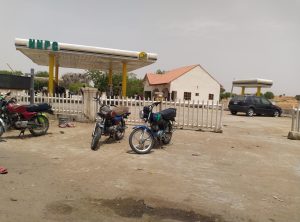
Just very recently, it was announced in the mainstream media that Goldman Sachs predicts Nigeria as one of top five economies by 2075 (about 50 years hence), along side India, China, USA, etc, leveraging on its growing (youthful) population, the expected IT- savvy-ness of that population; the countries natural resources endowments, etc. It is not clear what metrics Goldman Sachs sees that the rest of the world does not see. While it is a news that ordinarily should gladden the heart and give hope, the country’s elites are not showing any inclinations to double down and clean their acts. Even very recently, an army officer was court-marshalled and sentenced for mismanagement of an army assets organisation. In the early 2000s, three similar senior naval officers were similarly court-marshalled for oil related mismanagement, which has even gotten worse now.
What happened in the P&ID case also has parallels in other strategic Nigerian sectors She has not been able to run a steel sector for example. A privatisation attempt in that sector in this early 2000, failed woefully. The country’s leadership first hand-picked an organisation without experience in that sector; then it changed its mind and hand-picked another organisation (how be it with experience), and then failed to follow up on details of the agreements; and ended up paying huge sums in international arbitration; not escaping as she did in the current P&ID case; and yet the system held no one accountable. Nigeria has this funny reputation where even the simple accountable system of tender and bidding, a standard in international business, is not obeyed. Some years ago, a Russian aluminium firm lost bid for Nigeria’s prime aluminium smelter to another company. It became a matter of litigation. The Russian company lost to its competitor up to Nigeria’s Supreme Court; and alas, unbelievably, the Russian company still went ahead, and pressed that Nigeria’s Supreme Court reverse itself. And such is the abyss of lack of respects in international circles that Nigeria’s sovereignty has fallen into. The first step therefore is that Nigeria power and political elite first have to build a consensus to agree to clean their country. In the ensuing multi-polar world, the rest of the world shall not wait for Nigeria. Witness a country where ordinary bureaucrats make away with huge pension funds, or where its accountant general does the same without consequence, all of these affecting the security of the entire country.
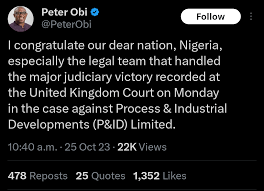
It is not clear where Goldman Sachs got its metrics of huge natural resources for Nigeria from. Experts on Nigerian natural resources have continued to warn for some decades now that Nigeria is not as hugely endowed in natural resources as she often loudly announces, and asked that there is need for sober caution here, if the country’s economic growth would not be over-projected here. Unfortunately, her policy elite would not take heed. An example shall suffice. The Itakpe iron deposit meant to feed Nigeria’s premier blast-furnaces of Ajaokuta for some years, has since been over-capitalised and developed out of proportion to its resource value-real value and yet Nigerian policy elite continues to treat that reserve in a bubble, as if it is one huge reserve!
In conclusion, Nigeria’s policy elite would first need to sit itself down, and create strategic baskets of its own national experts in strategic sectors (power, agriculture, steel and metallurgy, transport, marine economy, aviation, railways, water resources management, health, education, integrated industrialization, IT & AI, finance, banking, alternative energy, etc, etc. These experts would then build a strategic way forward. They would advise on critical success factors, including mode of governance to translate their national aspirations. The work of these experts shall purely be home-grown without foreign inputs. The country would give birth to this strategic document and own it. It is only at implementation stages that foreign input would be used as at when necessary. This is not as complicated as it looks. It might just be that all these plans are already in different documents all over the country, and the duties of such expert national committees would be to just collate these documents, with supplementary additions. In the coming multipolar world, there would be such huge competitions, that others would not come to build Nigeria for its people. Nigeria would build Nigeria for itself. A Nigerian saying states that, it is a child that raises both arms up, that is carried by the elders. Most foreign helpers out there are like these ‘P&ID’ people; and who would want such people as associates? Who?




